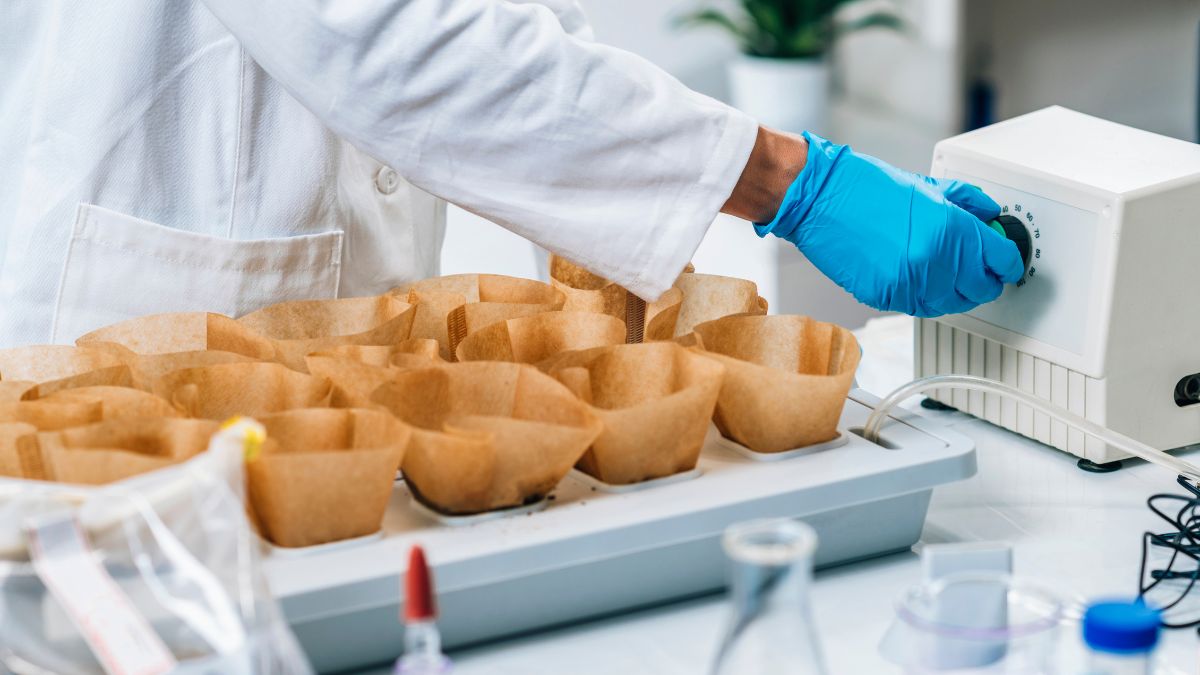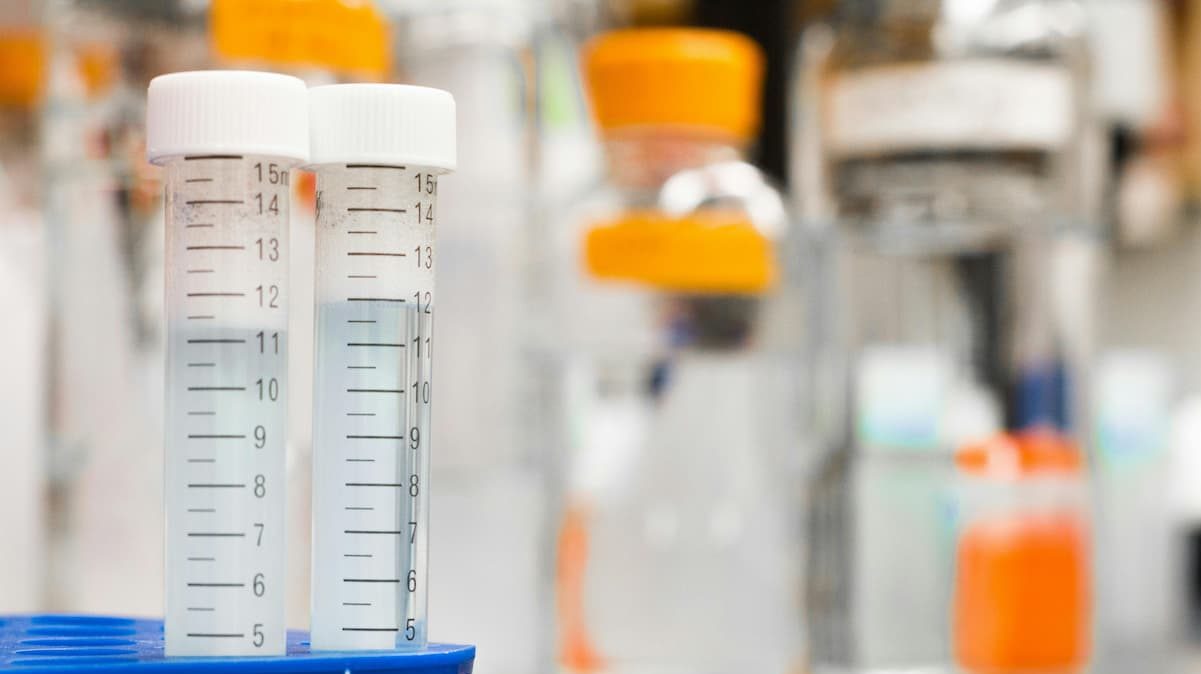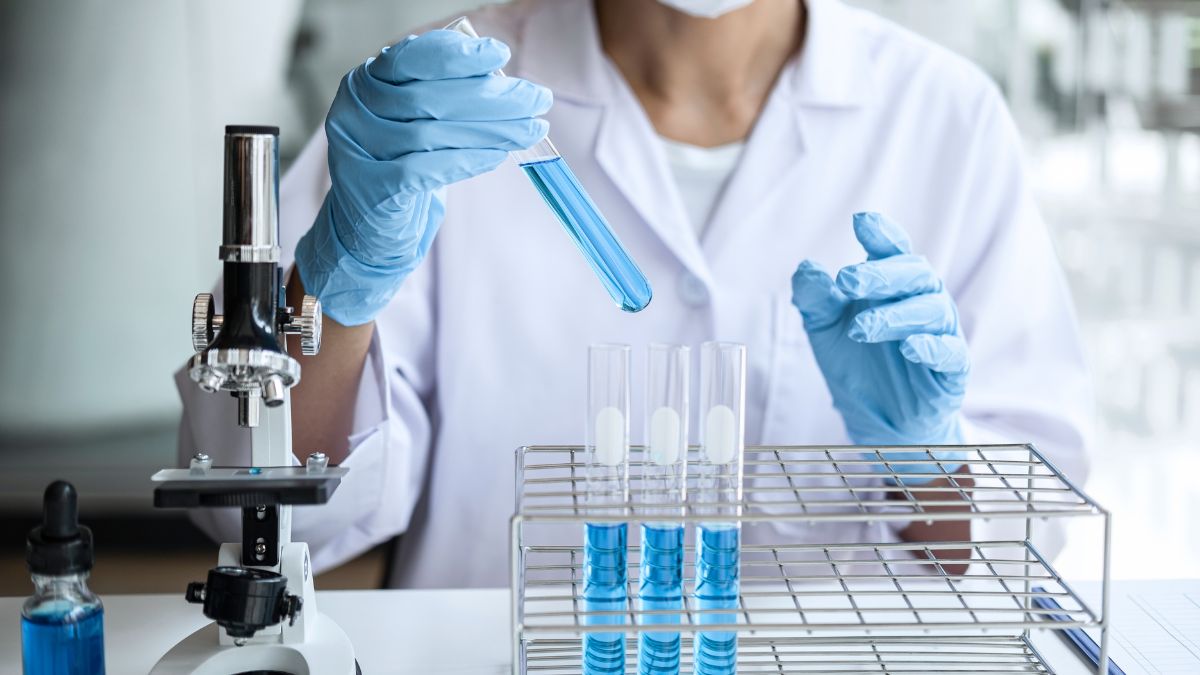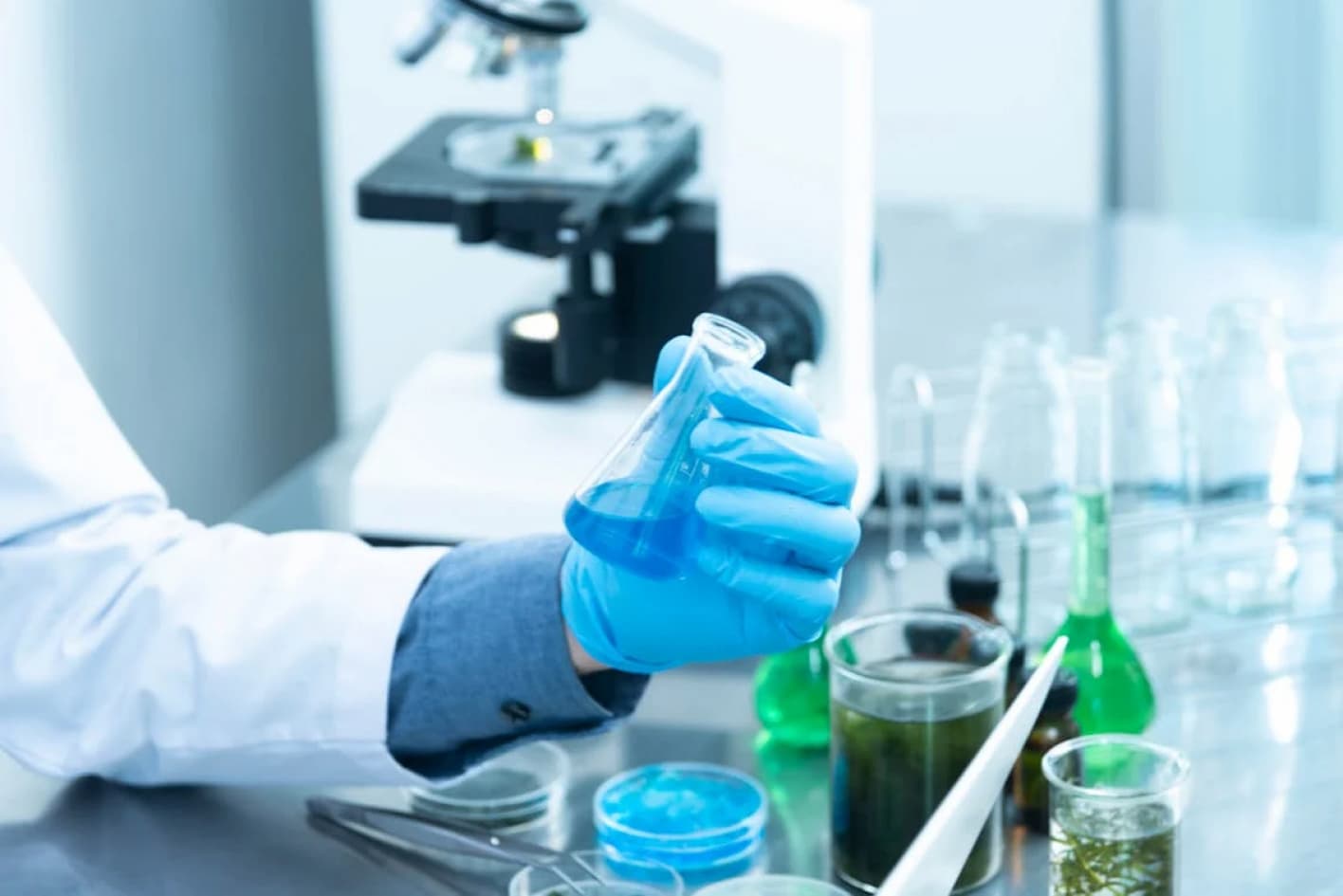Expansion of the Scope of Accreditation in the Microbiological Field of a Testing Laboratory
01. Context
A laboratory providing analytical services for the agri-food and water sectors decided to expand its ISO 17025 accreditation scope in the microbiological field.
In the case of water, it had a very limited accreditation scope that included total Coliforms, Escherichia coli, and heterotrophic plate count at 22°C and 37°C in drinking water. The intention was to expand the scope to include Enterococci, Clostridium perfringens, and Legionella spp. by culture in drinking water, total Coliforms and Escherichia coli in wastewater, and heterotrophic plate count at 22°C and 37°C and Legionella spp. by culture in surface water.
For food, the laboratory had accreditation for Coliforms, Escherichia coli, and microorganism count at 30°C in food and feed, and aimed to expand the scope to include Salmonella spp., Listeria monocytogenes, and coagulase-positive Staphylococci in food and feed.
Due to limited resources focused on day-to-day operations, limited experience in the microbiological field, and the need to obtain accreditation within a 4-month period, they decided to seek the support of an external consultant with experience in accreditation processes and technical expertise.
02. Challenge
The challenge of the project was clear.
“Achieve the expansion of the accreditation scope in a short period, while also consolidating technical knowledge in microbiology.”
03. Approach
Given that the laboratory was already ISO 17025 accredited, the work focused on preparing the testing procedures. These procedures were drafted by the laboratory staff based on a foundation provided by the Consultant, and through an iterative process, the procedures were reviewed and refined until the final version was achieved.
The Consultant provided the experimental design for the validations and guided the laboratory until the expanded accreditation scope was obtained.
However, the unique value was not just in supporting the preparation of the documentation, but also in simultaneously conducting technical training sessions. These sessions aimed to deepen the concepts and consolidate technical knowledge in the field of microbiology.
04. Results
Within a month, the testing procedures were in place, the corresponding method validations were completed, and the reports were prepared. An internal audit was also conducted, and finally, the accreditation scope was requested from the Accreditation Body, which took place in person two months later. The audit report included two minor non-conformities that were satisfactorily resolved.
In parallel, from the beginning of the project until the audit, a remote training session of 2 hours per week was organized, totaling 34 hours. This training covered specific topics on the parameters and analytical methodologies included in the accreditation scope, as well as topics of interest for a water microbiology laboratory. These included aspects of hygiene and safety, internal and external quality evaluation, statistical calculations, handling and preservation of strain collections, calibration of temperature-controlled equipment, etc.
As a result, the management of this project allowed the company to:
- Achieve the accreditation scope expansion in a very short time.
- Reduce the internal resources needed to obtain accreditation and focus them on day-to-day activities.
- Expand knowledge in the area of microbiology through highly personalized training, allowing for the practical consolidation of the acquired knowledge.



